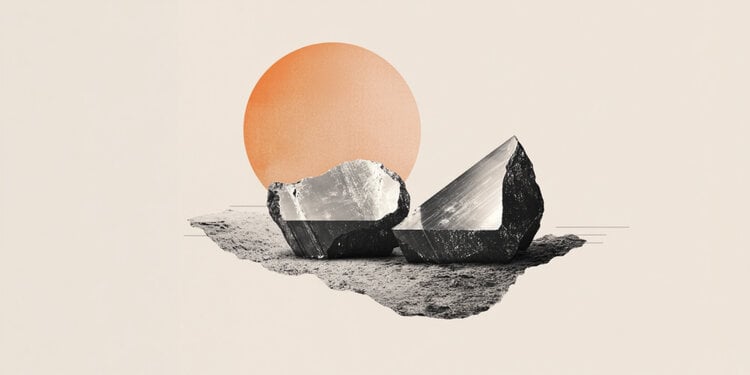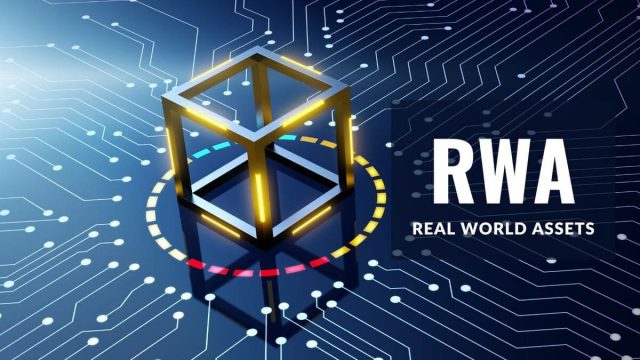Known for “cleaning the body”, detox diet has been gaining more and more popularity. Also called “detox diet “, its objective is to reduce the toxins present in the body, resulting from excess preservatives, pesticides, saturated fats, sugar and salt, among other components potentially harmful to health.
But does this diet really work? And does it have real benefits? With the help of experts, the CNN explains everything about the detox diet, how it is done and the main precautions. Check it out below.
What is a detox diet?
According to Patrícia Santiago, a doctor with a postgraduate degree in nutrition, the detox diet is “a model of eating plan that focuses on consuming natural and unprocessed foods, while eliminating foods that are considered toxins for the body”.
This type of diet generally includes consumption of fruits, vegetables, water and herbal teas , avoiding processed foods, added sugars, caffeine and alcohol. “The goal is to help the body eliminate toxins and promote general health,” he adds.
What foods are part of a detox diet?
The foods that are usually part of the detox diet are those with naturally antioxidant properties and rich in fiber and vitamins . This is the case of:
- Fresh fruits (apple, banana, strawberry, blueberry, orange, lemon and pineapple);
- Fresh vegetables (spinach, kale, broccoli, carrots, beets, cucumber, celery and garlic);
- Whole grains (quinoa, brown rice, oats and barley);
- Legumes (lentils, beans, chickpeas and peas);
- Nuts and seeds (almonds, walnuts, chia and flaxseed);
- Herbal teas (green tea, ginger tea, dandelion tea and chamomile tea).
Some animal protein foods are also welcome in the detox diet, as long as they contain little fat. This is the case with fish, eggs, chicken and lean beef.
And what should be avoided on the detox diet?
The foods that should be avoided are ultra-processed foods, which are usually rich in trans and saturated fat sodium and sugar, and others inflammatory foods . Are they:
- Snacks, cookies, soft drinks and pre-packaged foods;
- Fast food foods;
- Added sugars (present in cakes, processed fruit juices, sweets and soft drinks);
- Caffeine (present in coffee, black tea, energy drinks and caffeinated soft drinks);
- Alcohol (includes beer, wine, spirits and cocktails);
- Processed meats (sausage, bacon, ham and cured meats);
- Margarine and full-fat dairy products;
- Frying.
In the case of people with gluten and lactose intolerance, foods with these components should also be avoided.
Is the detox diet safe? What are the benefits?
According to André Camara de Oliveira, director of the Brazilian Society of Endocrinology and Metabology Regional São Paulo (SBEM-SP), Is the detox diet safe? since respect the proportion of macronutrients and reach the amount of calories necessary for the body to function properly.
“The traditional diet, which respects the proportion of the need for proteins, carbohydrates, lipids, vitamins and minerals, is safe, always adapting to each person and their health condition”, he states. However, the expert points out: “Versions that replace food with juices or soups are generally not safe.”
When done in a balanced and safe way , with guidance from a health professional, the detox diet can offer health benefits. Among them, according to experts, are:
- Elimination of accumulated toxins, promoting liver and intestinal health;
- Increased energy and vitality;
- Weight loss;
- Improves digestion;
- Promotion of skin health.
“However, it is important to note that many of the benefits attributed to the detox diet are not supported by robust scientific evidence. Furthermore, some extreme forms of detox diets can be unbalanced and even harmful to your health”, warns Patrícia. “It is always recommended to consult a healthcare professional before starting any radical or restrictive diet,” she adds.
“A healthy diet is undoubtedly beneficial. If the detox diet is balanced in macro and micronutrients, it is an interesting option”, adds André.
Important precautions in the detox diet
Before and during the detox diet, it is important to take some special care. The first of them is consult a healthcare professional . “Before starting any diet, it is crucial to consult a doctor, nutritionist or other qualified professional. It can help determine if the diet is right for you and provide personalized guidance,” says Patrícia.
Furthermore, the detox diet should be balanced, consisting of a variety of nutritious foods, such as fruits, whole grains, lean proteins and healthy fats. Avoid making restrictions.
Added to this, hydration is essential . It is water that will help the body transport nutrients ingested through food and eliminate toxins from the body.
Finally, it is important to notice symptoms that something is not going well with the diet. “Prolonged detox diets can lead to loss of muscle mass, nutritional deficiencies and other health problems. Limit the duration of the diet and return to a balanced diet as soon as possible”, highlights Patrícia.
Who shouldn't go on a detox diet?
According to André, in principle, there is no formal contraindication to the detox diet in healthy individuals. “I reinforce that the ideal diet is one that, in addition to reducing foods rich in trans fats, sugar, sodium, preservatives, meets the objective of nourishing all the needs of that patient, which is individual”, he states.
However, some groups should be extra careful and avoid the detox diet without prior medical consultation. This is the case for people with comorbidities (such as diabetes, hypertension, kidney, heart or liver problems), people with eating disorders, pregnant and breastfeeding women, the elderly and those who practice intense physical activities.
Source: CNN Brasil
I am an experienced journalist and writer with a career in the news industry. My focus is on covering Top News stories for World Stock Market, where I provide comprehensive analysis and commentary on markets around the world. I have expertise in writing both long-form articles and shorter pieces that deliver timely, relevant updates to readers.







